1st Craft Symposium
Workshops
On Tuesday, March 15 afternoon, short workshops will be conducted and on Wednesday, March 16, long workshops will take place. All the workshops take place at Vilma building, Turu 7. See the list of the workshops below.
For registration, please add your name to this table after choosing the preferred workshops. You can choose ONE SHORT workshop and ONE LONG workshop. If the maximum number of participants of a certain workshop has been met, this workshop can’t be chosen any more.
Blacksmithing for beginners
MultiWeave
Sashiko and boro
Sensory reflections and decision making in crafts – THE WORKSHOP HAS BEEN CANCELLED!!!
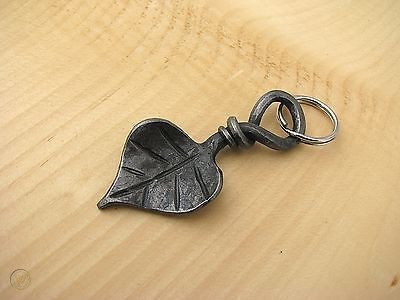
Teacher: Tõnis Luik (UT Viljandi Culture Academy)
In the workshop, participants will learn about the primary manual smithing and surface treatment methods, gaining an overview of tools, familiarizing themselves with the machinery in a forge and techniques for using them. As a result, a small metal leaf will be forged, which can later be used as a key chain.
This workshop is suitable for beginners.
Crafting traditional spiral tube decorations from brass wire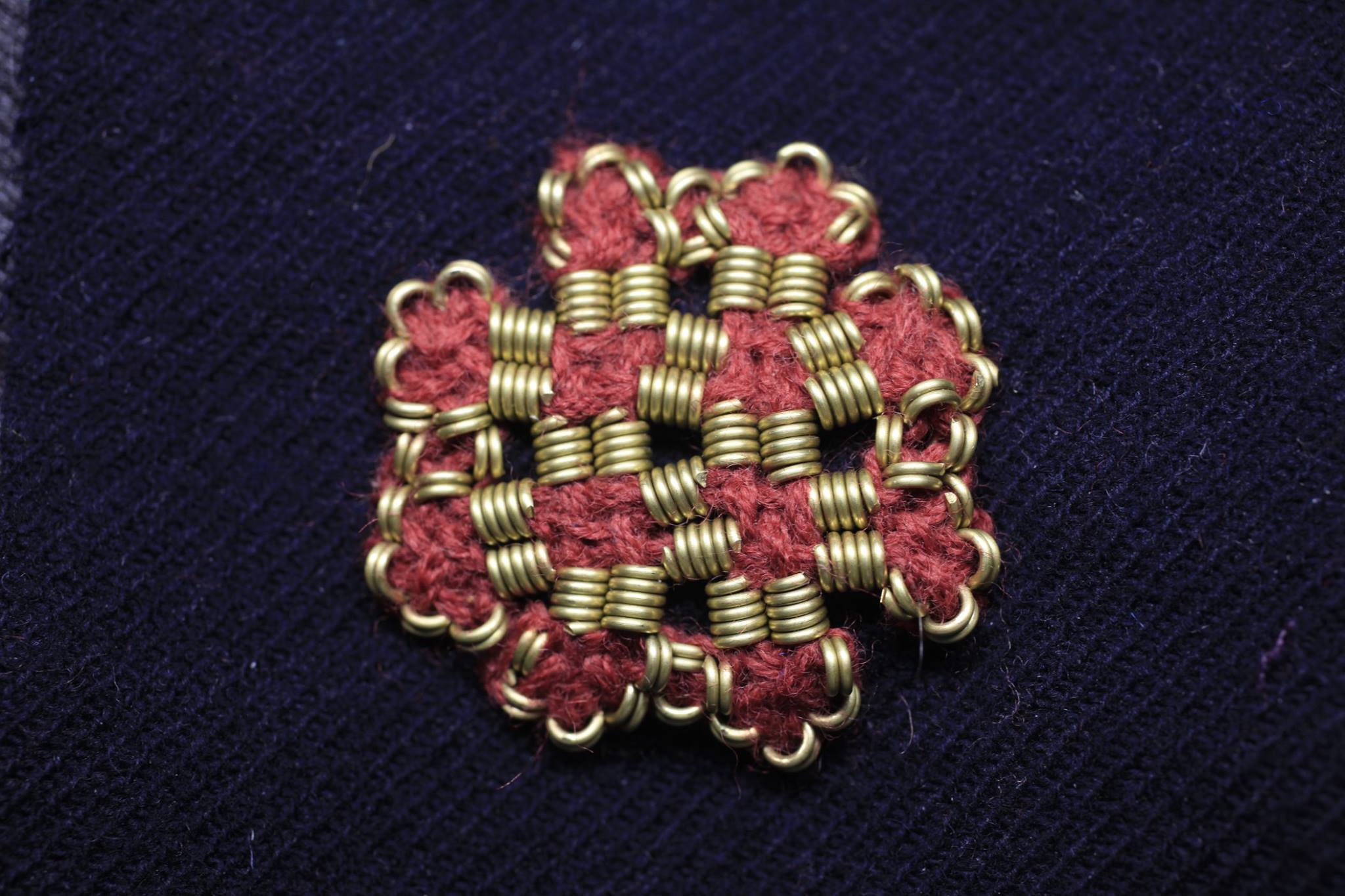
Teacher: Mari Meriste (UT Viljandi Culture Academy)
Decorating clothing with spiral tubes is an ancient tradition, dating back nearly thousand years. The decorations were worn mainly on the clothing items and accessories worn on top of the whole costume which were visible to others. The participants will make spiral tubes out of brass wire and yarn scraps and then turn them into decorations.
This workshop is suitable for beginners.
Green woodwork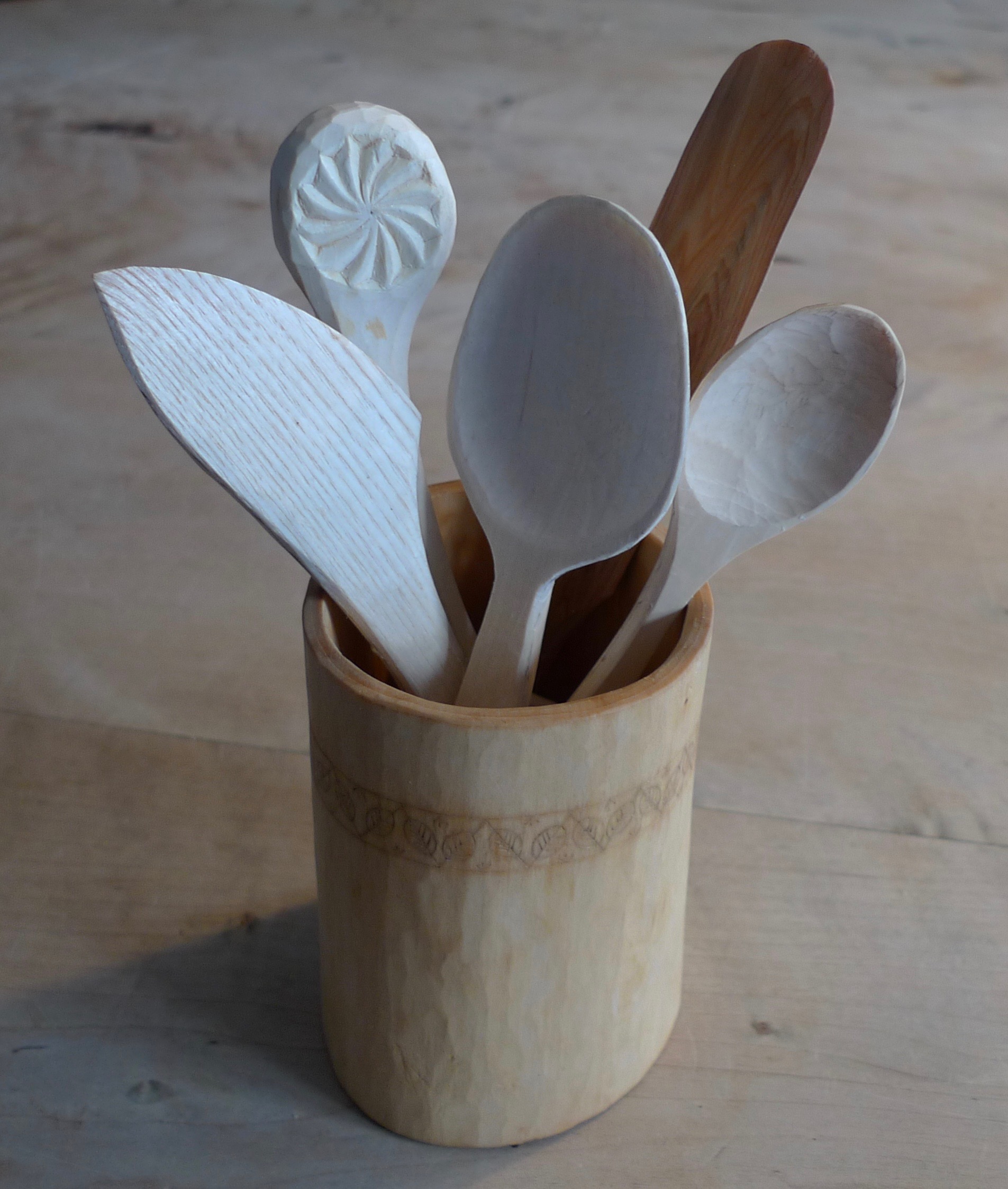
Teacher: Tine Spuur (University of Southeast Norway)
In the workshop, an introduction to green woodwork is given. Starting with a freshly cut tree, the participants will be making utensils such as butter knives, spatulas or spoons.
This workshop is suitable for beginners as well as participants with prior experience in woodworking.
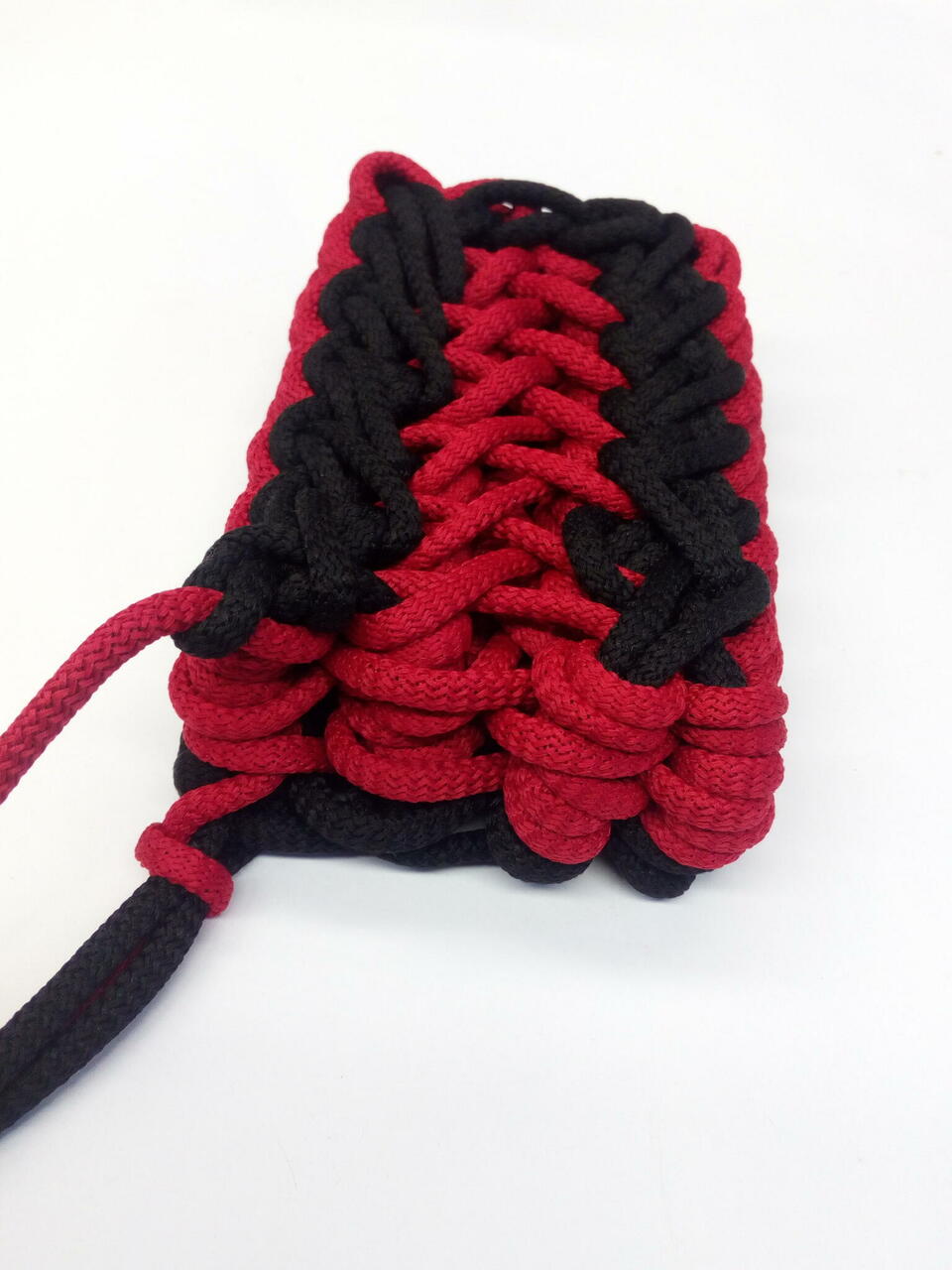
Teacher: Kadi Pajupuu (Higher School of Art in Pallas)
This workshop gives and introduction of weaving principles of MultiWeave: guiding weft around the warp loops that are temporarily supported by special sets of sticks. The practical part is supported by investigating MultiWeave samples.
See examples and further information on kadipuu.ee.
This workshop is suitable for beginners as well as participants with prior experience in weaving.
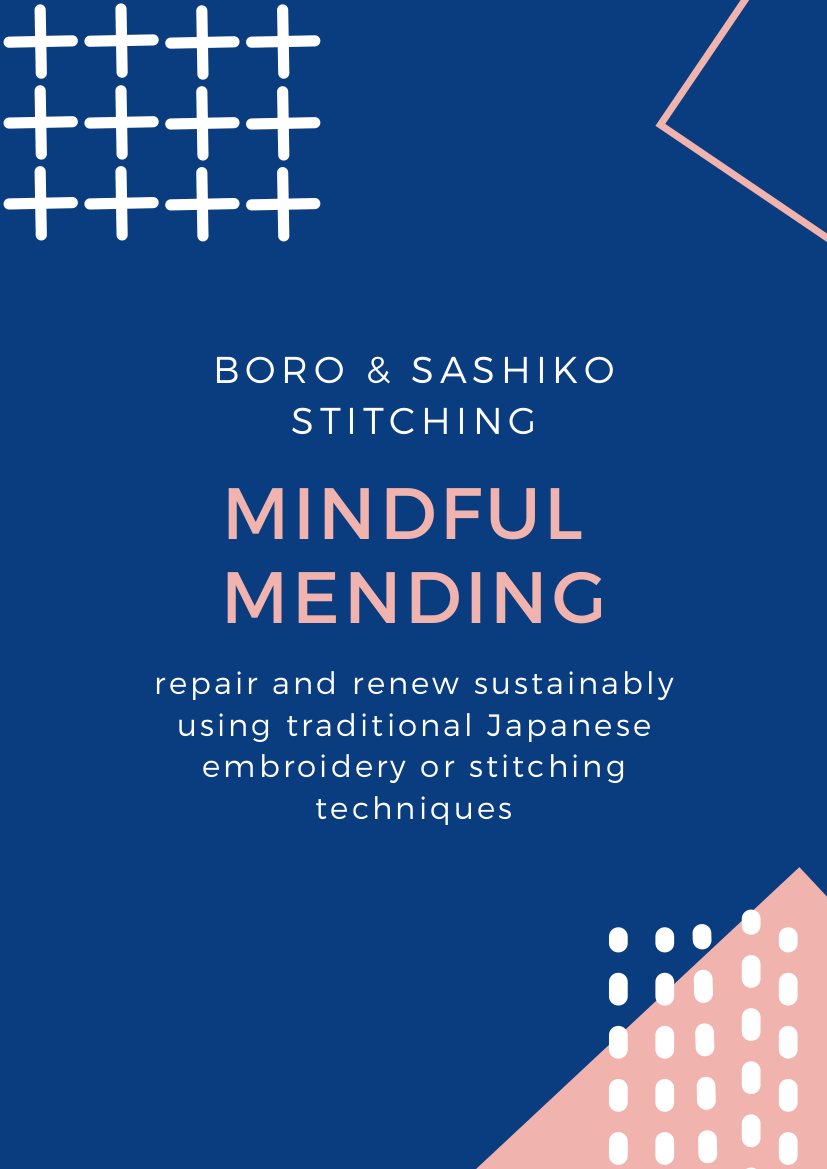
Teachers: Minni Klasila and Jutta Hellgren (University of Helsinki)
Mindful mending with sashiko and boro embroidery. In this workshop, you will learn how to use traditional Japanese embroidery techniques. With these techniques, you can repair your clothes sustainably and beautifully, but also learn smart ways to use your surplus materials. By combining sashiko and boro you can create stunning textile artwork – and repair your clothes in a way that shows they have been used and loved.
This workshop is suitable for beginners as well as participants with prior experience in sewing and embroidery.
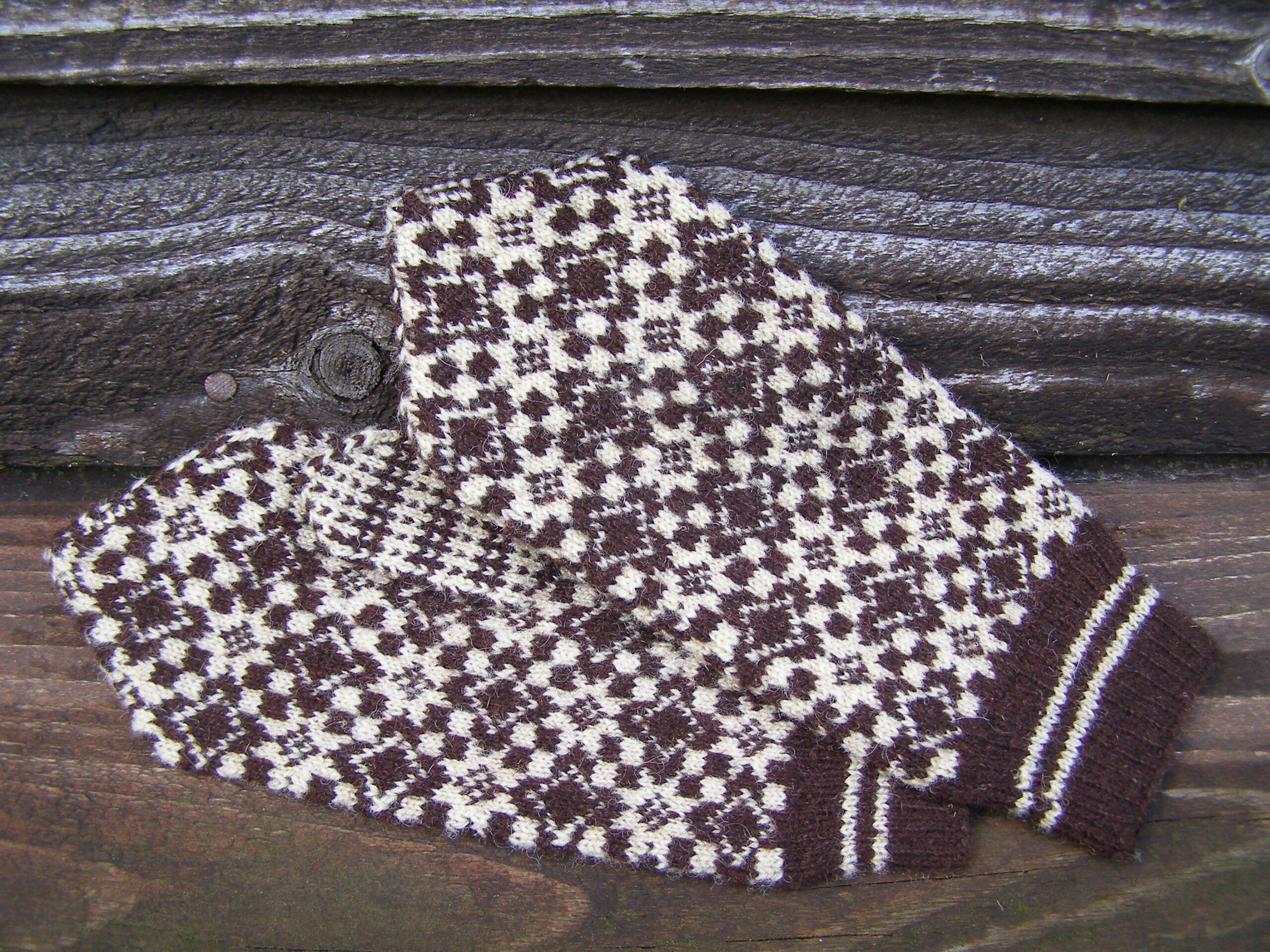
Teacher: John Ingolf (University of Gothenburg)
This workshop is an experiment in communication and learning in crafts. A short theoretical introduction to concepts like tacit knowledge and intangible heritage is followed by practical attempts. It is of great help for participants to bring a craft they are familiar with. Almost any craft is viable, whether it’s part of your studies or a hobby, but it must be a portable craft able to be practiced in a regular classroom. You could bring along items made in techniques such as knitting, crochet, origami etc.
This workshop is suitable for participants with various crafts experiences.
Speed-date a piece of clothing for research: using garments in object-based research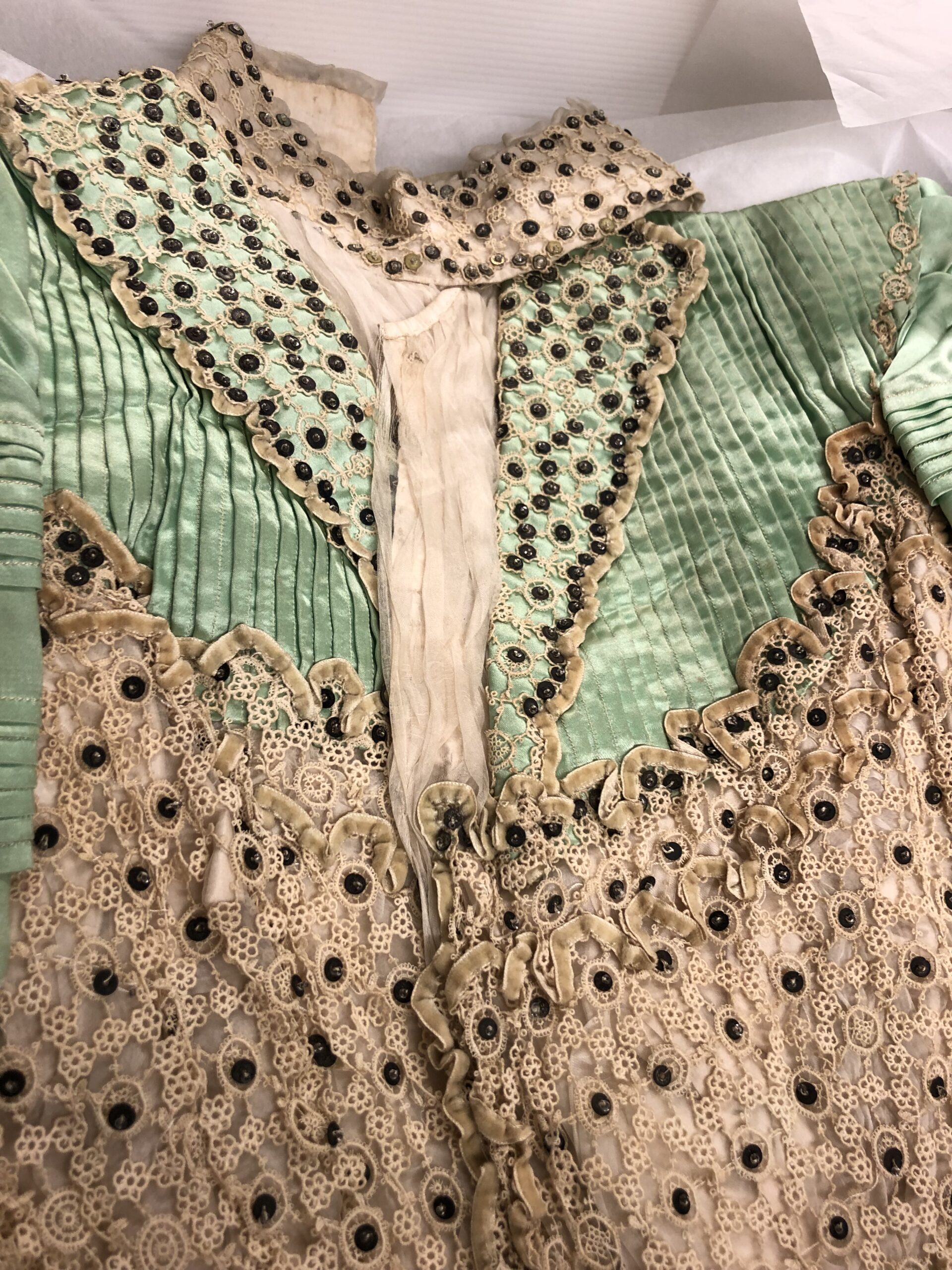
Teacher: Julia Holm (University of Uppsala)
In this workshop, you will get an introduction on how to study clothing and fashion with the actual garments, as a starting point. You will get to speed date a couple of historical pieces of clothing and try your hand at discovering the personal and cultural narratives that lies in the very fabric of the garments. What kind of answers can we get out of the garment, and what can we tell about it’s material culture context?
The workshop will start with a short introduction on PowerPoint. The practical work will be done in groups, you will get closely acquainted with some of the garments in speed-dating sessions.
This workshop is suitable for beginners and participants with prior experience in researching etnographic textlies.
Building MultiWeave tool
Etnographical jewellery
Intarsia embroidery
Latch hooking and locker hooking (365 colors of nature)
Leather sewing
Timber framing with traditional hand tools
Wooden shrink pot
Woolmill experience
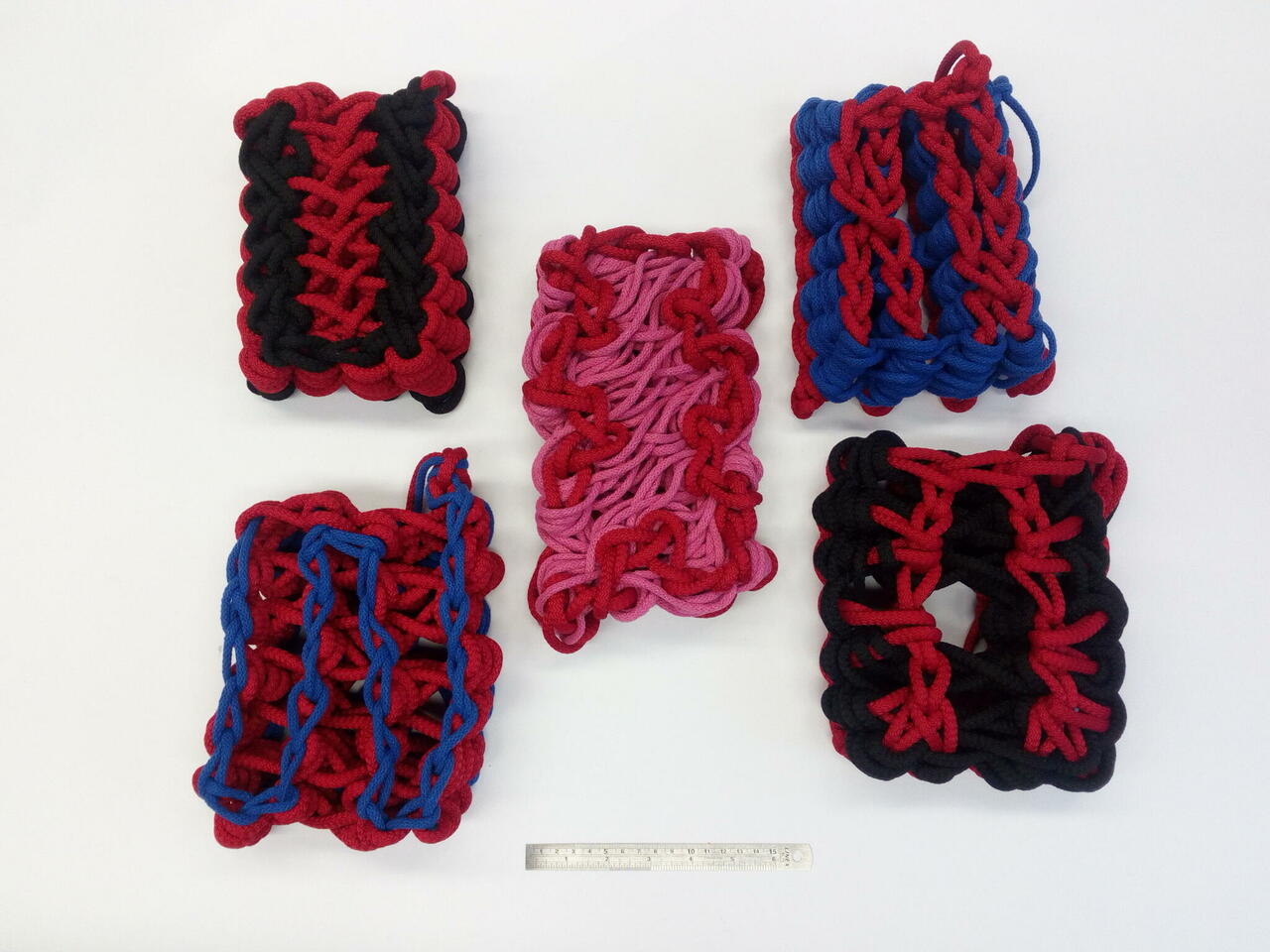
Teacher: Kadi Pajupuu (Higher School of Art in Pallas)
This workshop gives and introduction of weaving principles of MultiWeave. Participants build themselves a “loom” for weaving MultiWeave structures. The workshop continues with weaving samples of MultiWeave structures with wool and going through the wet finishing process. At the end, the results will be analyzed together.
See examples and further information on kadipuu.ee.
This workshop is suitable for beginners as well as participants with prior experience in weaving.
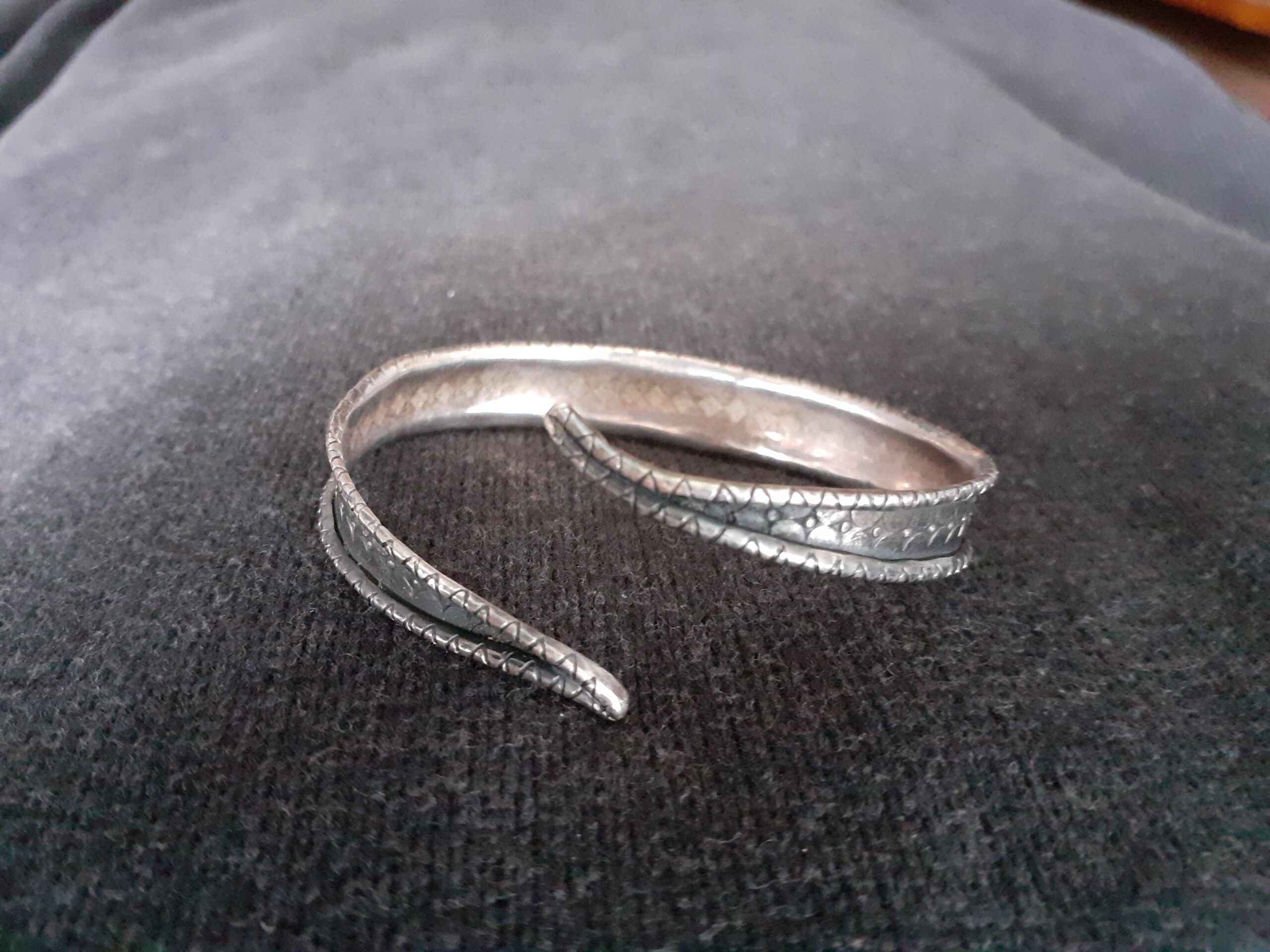
Teacher: Väino Niitvägi (UT Viljandi Culture Academy)
In this workshop, the participants will be forging and chasing a bracelet from sheet material, such as brass.
This workshop is suitable for beginners.
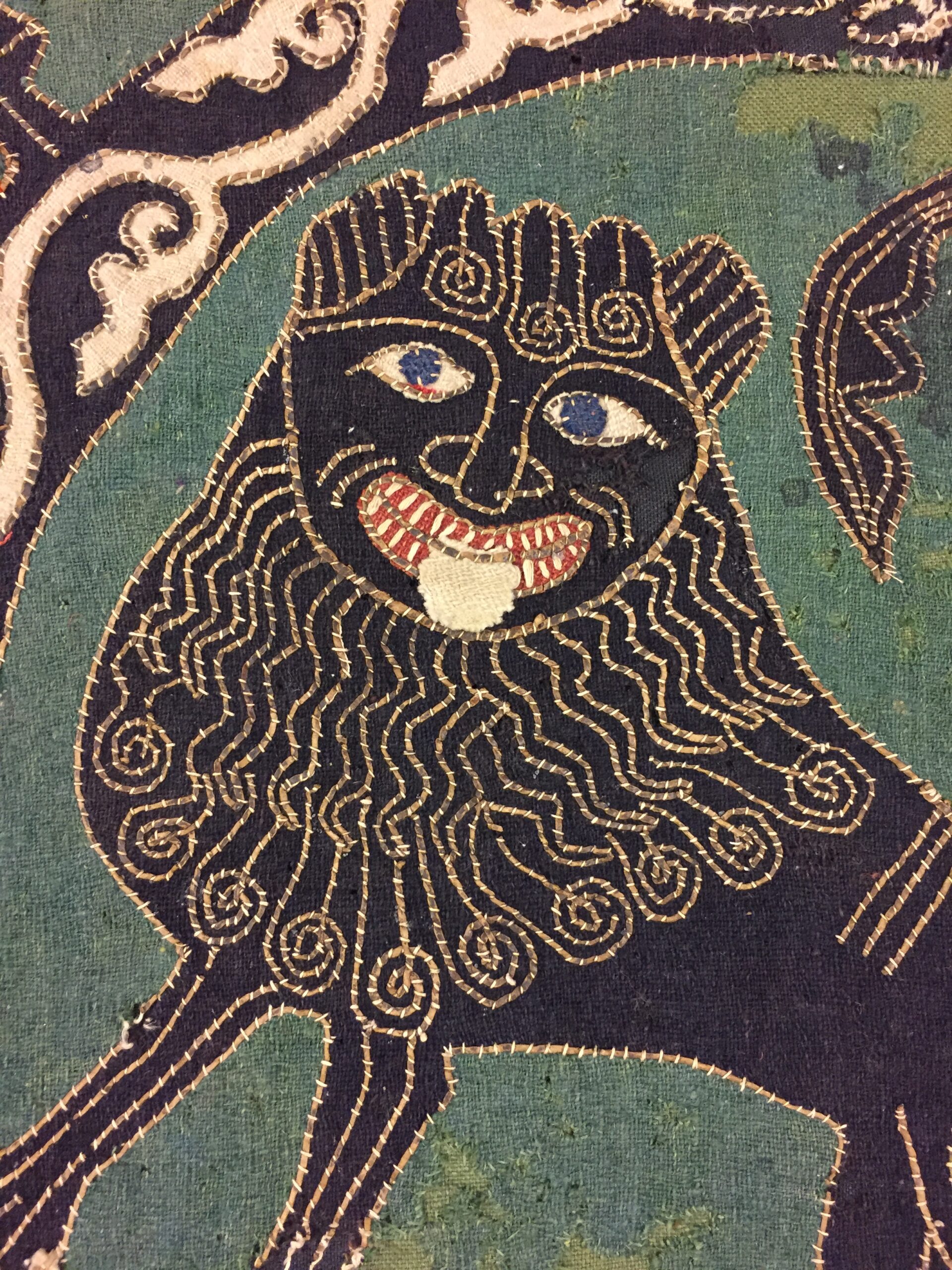
Teacher: Ingela Wahlberg (University of Uppsala)
This workshop is an introduction to a group of textiles with strong similarities in technique, despite them originating from various geographical and cultural areas. The workshop starts with a short introduction of preserved objects, the historical context of the technique as well as a walkthrough of the importance that the silk roads had on pattern and design evolution. After that there will be an introduction to the practical part of the workshop, including materials, tools and techniques, using the Swedish medieval woolen intarsia coverlet as a model.
During the workshop, the students will be able to test all the practical elements needed to finish a larger piece of work.
The techniques are relatively easy, this workshop is suitable for beginners as well as participants with prior experience in hand sewing.
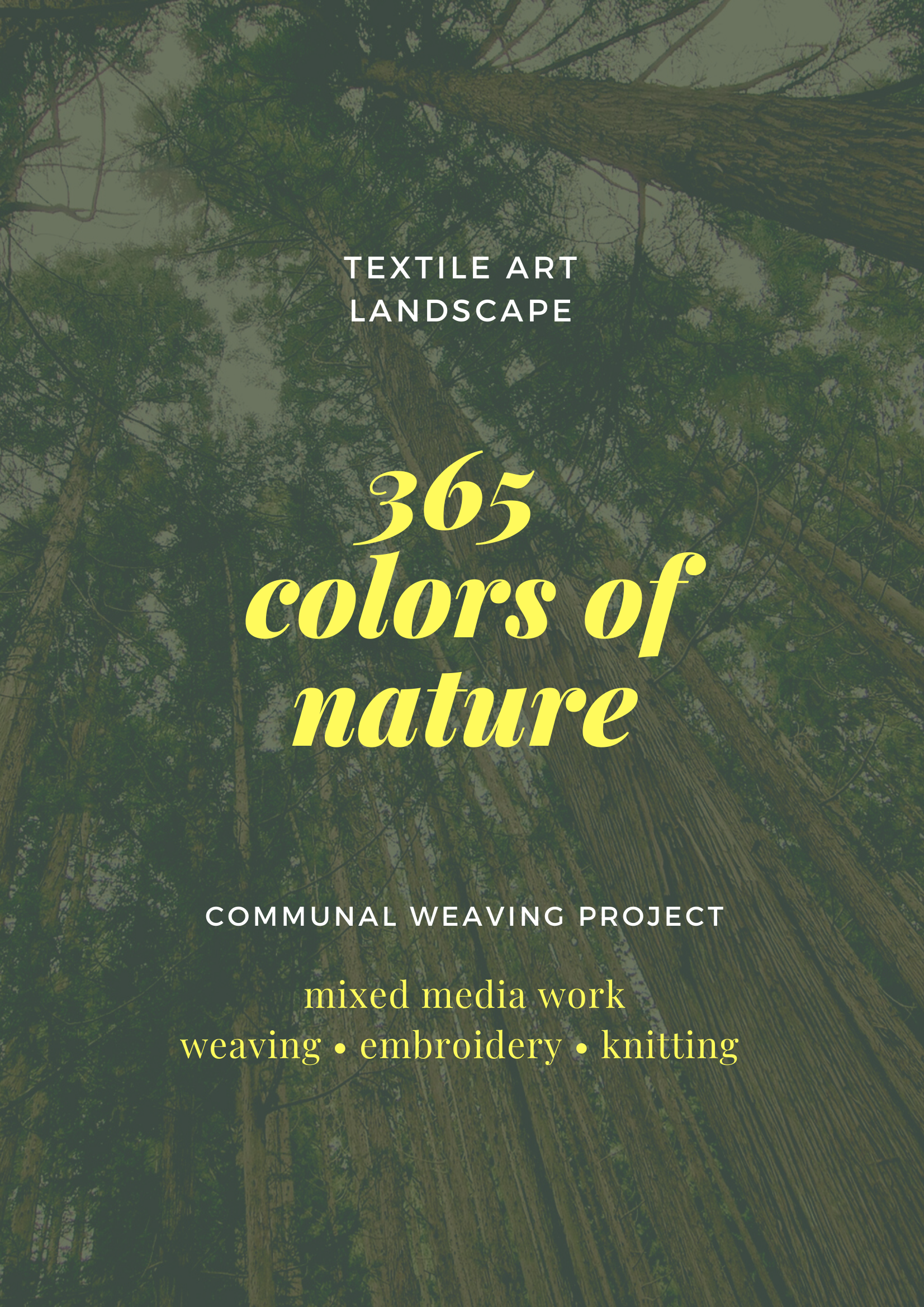
Teachers: Kitty Sitwala, Vilma Kejonen, Susanna Kirvesniemi, Meiju Kukkonen (University of Helsinki)
Welcome to the workshop of 365 colors of nature. In this workshop, the participants will gain inspiration from nature – its changing seasons, colors, forms, and textures. This inspiration will be transformed into a mini rug. You will learn the basic techniques of making the rug and we hope to inspire you to test different methods of rug making, for example with a big rug needle or latch hook. We would like to photograph your creations and form them into communal digital craft work.
This workshop is suitable for beginners and participants with prior experience in textile crafts.
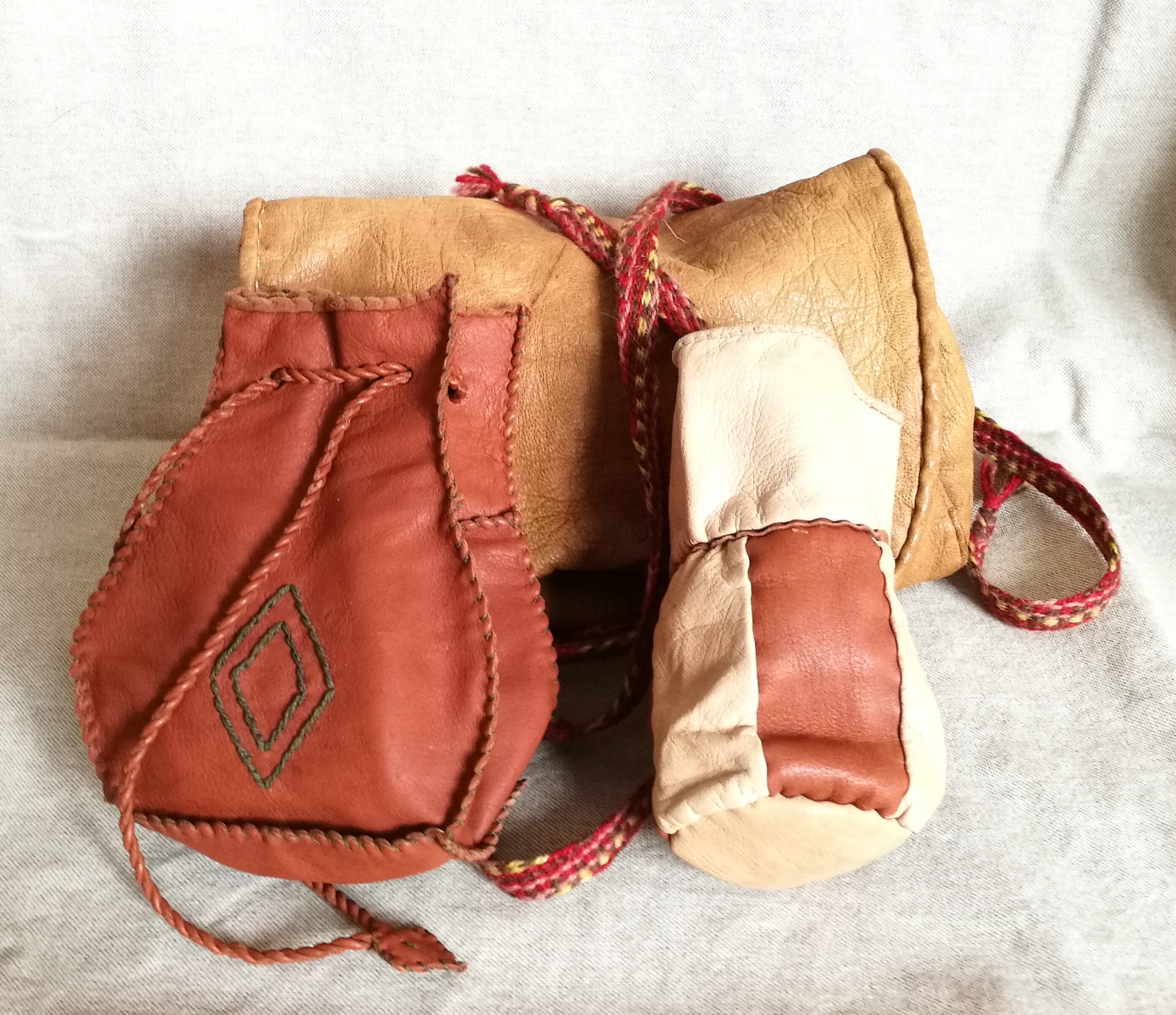
Teacher: Sidsel Saeterhaug (University of Southeast Norway)
In this workshop, an introduction to traditional leather sewing techniques will be given. As a practical work, small bags will be made, using leather leftovers.
This workshop is suitable for beginners and participants with prior experience in leather work.

Teacher: Johan Jönsson (University of Gothenburg)
The workshop will be regarding producing a mortise and tenon joint with simple hand tools. With different types of mortise and tenon joinery there’s a possibility to build small items like windows and chairs to larger such as timber frames for housing. When a local, low processed timber and simple hand tools are used to build a frugal construction with a positive purpose that blends well with the local culture and it is performed with preferable local crafts persons that will feel a responsibility for the structure for a long time, there is a chance that the total life cycle cost at the end of life of that structure can be negligible or even positive.
This workshop is suitable for beginners and participants with prior experience in timber constuction.
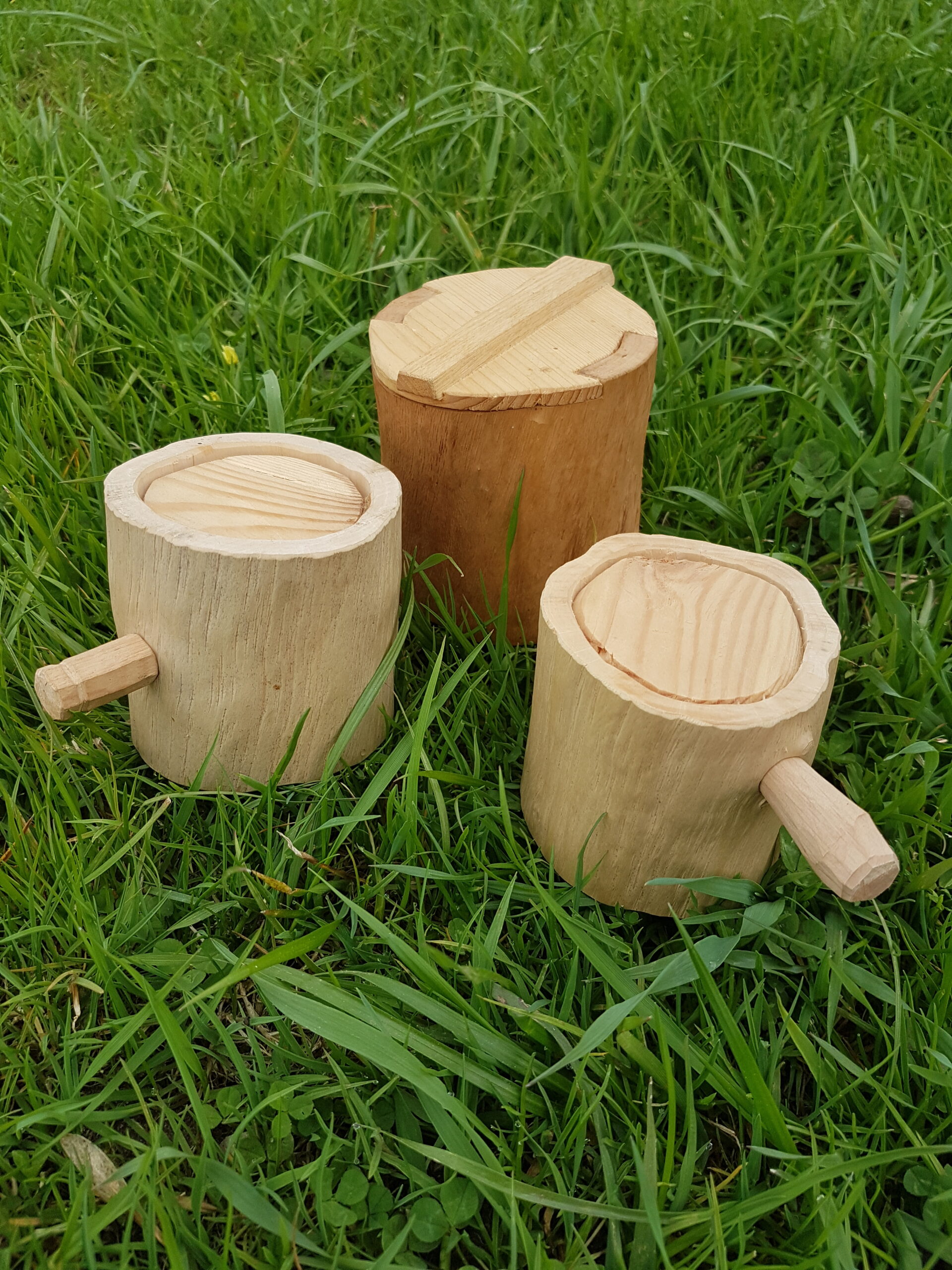
Teacher: Indrek Merimaa (UT Viljandi Culture Academy)
The workshop is about making of a container hollowed out of one piece of wood, in English also known as a “shrink pot”, “ummik” in Estonian.
This workshop is suitable for beginners.
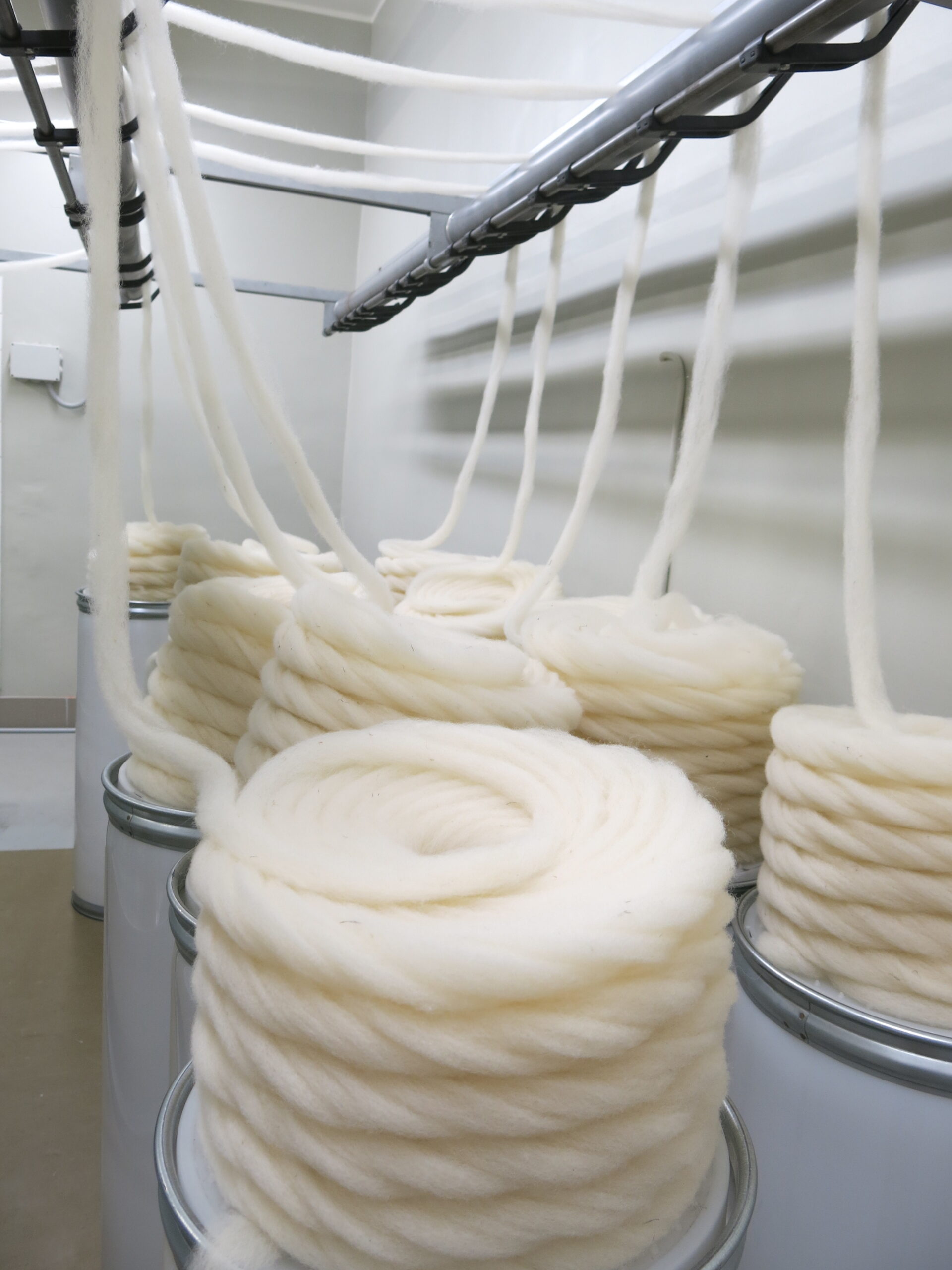
Teacher: Astri Kaljus (UT Viljandi Culture Academy)
To introduce the equipment of Vilma woolmill and safety demands. To practice all the stages of the industrial wool processing, which results in the wool yarn.
This workshop is suitable for beginners.


